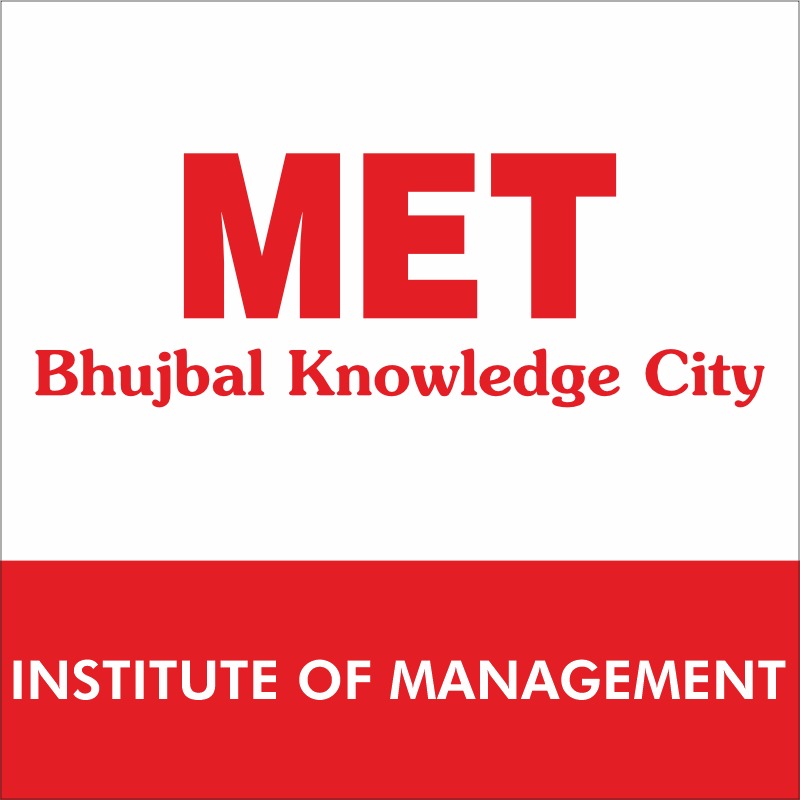The Study of Factors that Contribute to the Acceptability of Digital Transactions in the City of Mumbai
DOOI:10.34047/MMR.2020.9102
Keywords:
Digital transactions, BHIM, UPIAbstract
Long years ago, transactions were made by the help of Barter system, where goods and services were exchanged by goods and services. Later on, with the evolution of mankind Barter system is replaced by Token currency where the goods and services were exchanged for coins and notes. But in the recent time there was the evolution of digital payment system. Digital transactions include transactions through credit cards, debit cards and other digital wallet platforms. The different modes of digital payments saw a drastic change in usage in the last 4 years. After demonetization on November 8th, 2016, India saw an increased use of different internet payment systems for money transfer through various devices. Govt. of India also encouraged Digital transaction through its various initiatives such as Digital India. NPCI (National Payments Corporation India) launched Bharat interface for Money (BHIM) an application run on UPI (Unified Payment Interface) in December 2016 to cater the growing online payment needs. But the acceptability among the masses is still a big concern. Many Indians shows hostile attitude toward digital mode of transactions. So, this paper will study the various factors that contribute the acceptability of Digital transaction. The research paper is based on 201 individuals who will demonstrate the demographic factors like age, gender, income group, education etc. which influence the acceptability of the digital mode of transactions. The study will greatly help the GOI as well as Banking sector in order to achieve Digital & Financial literacy.

